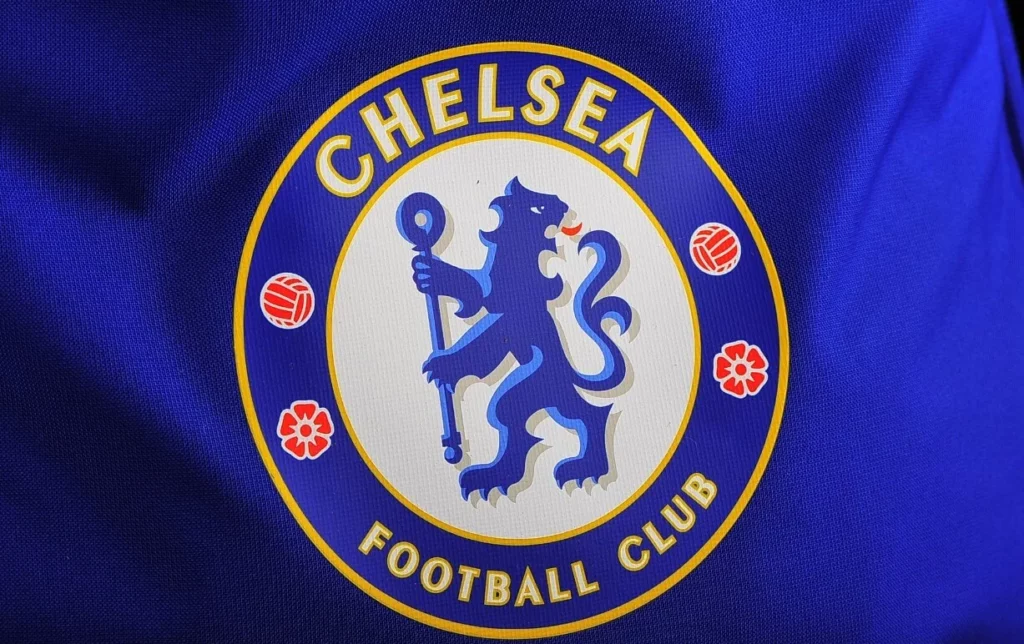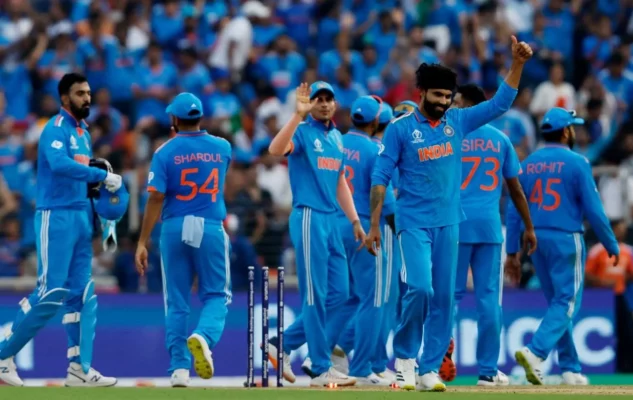
The sale of the renowned football club Chelsea has stirred up a whirlwind of debates and discussions. As with many high-profile sales, this one isn’t without its fair share of controversies, especially when it’s entwined with humanitarian aid for a war-torn nation.
Chelsea, one of the football giants in the UK, was sold for a whopping £2.5bn. What made this sale unique was the commitment to use the proceeds to aid victims of the conflict in Ukraine. Almost 17 months post the sale, a significant chunk of these funds remain frozen. The main reason? Disagreements on the exact terms and use of the funds between Roman Abramovich’s representatives and the UK government.
| Stakeholder | Viewpoint |
| Abramovich’s Representatives | UK Government changed the deal terms |
| UK Government | Funds should solely be used for humanitarian purposes within Ukraine |
Abramovich’s side claims that the UK government altered the terms of the deal post the sale. On the other hand, the UK government is adamant about its stance and intentions for the use of the funds.
“We’ve been clear since the sale of Chelsea FC went through that we’d only issue a licence that ensures the proceeds are specifically used for humanitarian purposes in Ukraine. We set that out in a unilateral declaration at the time and remain committed to that position.” – Spokesperson for the Foreign Office
Delving Deeper: The Dispute’s Origins
Abramovich’s desire was evident from a statement made back in March 2022. In his words, the funds from Chelsea’s sale should be utilized for the “benefit of all victims of the war in Ukraine”. This perspective slightly deviates from the government’s viewpoint, which insists on supporting “exclusively humanitarian purposes in Ukraine”.
“For the benefit of all victims of the war in Ukraine.” – Roman Abramovich, March 2, 2022
The distinction may seem minor but holds profound implications. The government fears that a broader scope might inadvertently lead to funds reaching Russia or being used for non-humanitarian purposes not directly benefitting the Ukrainians.
Mike Penrose, selected by Abramovich’s Chelsea, had even proposed that the government have a seat on the foundation’s board. This seat would come with the power to veto any expenditure possibly contravening the sanctions.
The Bureaucratic Hurdle
Bureaucracy seems to play a substantial role in this impasse. The Charity Commission is still awaiting an application to establish the foundation. Control over the frozen funds remains with Fordstam, Abramovich’s company, making any decision to reallocate or seize the funds a political hot potato.
The Labour peer, Lord Foulkes of Cumnock, expressed his concerns, emphasizing the urgency to set up the foundation. In his view, bureaucracy shouldn’t hamper efforts, especially when Ukrainians face challenges daily.

Calls for Immediate Action
There have been increasing calls to repurpose the Chelsea sale funds to benefit victims of the conflict. Organizations like Redress advocate for the funds to be directed towards already established mechanisms. These include platforms like the Trust Fund for Victims, the Register of Damage, and the Global Survivors Fund.
Final Thoughts on the Chelsea Controversy
The Chelsea sale and its entanglement with humanitarian aid for Ukraine showcases the complexities of intertwining sports, politics, and humanitarian efforts. While the intentions on both sides seem noble, it is evident that the path to a resolution requires more than just goodwill. It demands clarity, trust, and perhaps a pinch of bureaucratic efficiency. Only time will tell if the funds will finally reach those who truly need them in war-torn Ukraine.







